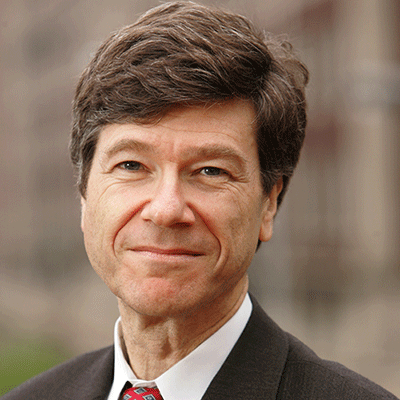Short CV
Manuel Noya is a researcher turned entrepreneur, BSc Chemical Engineering (USC, Spain) and MSc Materials Science (UPM, Spain). His key areas of know-how are technology scouting, competitive intelligence, NPD (new product development), early-stage startups and innovation strategy. His professional experience involves working for over 4 years as a researcher for NEOKER: an awarded spin-off from USC (Spain). After NEOKER he participated in several R&D projects in the materials science arena, at USC (Spain) and SRI International (Menlo Park, CA). Cofounded Linknovate.com in May 2012 in Palo Alto and went through Stanford University accelerator program (StartX) in 2013. Linknovate is a ‘discovery engine’ that helps identify emerging technologies and the key-players behind them. The company provides clients such as BMW AG and REPSOL with competitive intelligence software tools. Manuel is Linknovate.com CEO since 2014, led the company to win the 1st prize of Finodex (EU Open Data Accelerator) in early 2016, two European H2020 grants in 2015 and 2016. Linknovate is now a 7 people company growing internationally.
PRESENTATION ABSTRACT
Main points
How Open Data and Open Science data can be valuable for the industry, and several ways in which it can be further processed via data mining, analytics, data visualization and machine learning to provide a bigger value proposition to industry professionals with several goals:
- Provide a better ‘state-of-the-art’ analysis (not exclusively scientific!)
- Understand emerging technologies and their key-players
- Trend analysis
End users in the industry are strategists and technologists working in new product development, competitor tracking, R&D management and new markets research.
ABSTRACT
Companies cannot keep relying on ‘manual’ and ‘handcrafted’ innovation processes to develop new products and make strategic decisions. The pace of scientific discoveries, and the explosion of emerging technologies combined with shorter than ever time-tomarket cycles led to the need for systematic tools to gather intelligence around them (competitors, newcomers, potential partners). This translated into business for patent analysis tools (Thomson Innovation, Innography, etc), IP firms, innovation consultants (Altran, Accenture, etc) and scientific content publishers (Elsevier, Springer, etc). However, these solutions are still ‘manual’, and when systematic (software) are suboptimal. Their inflexible enterprise licenses make these solutions not cost efficient and often times completely unaffordable for SMEs. With global scientific output in exponential growth by doubling every 9 years, Body Rubs: massage dating - Erotic Massage. Linknovate’s approach turns to ‘fresh data’ (both recent open data, OD, and ‘user generated data’, UGC) to provide valid up-to-date market insights, as opposed to trying to predict the future by ‘looking at a rearview mirror’.
Corporate Foresight (CF) contributes to our understanding of practices enabling firms to adapt to future environments. As Dr Etingue remarks in one of the studies pioneering longitudinal data in more than 80 companies in Europe: while the practices for adapting to current environments have been well understood, our understanding about prospective adaptation to uncertain future environments is still limited. It has been proposed, that Corporate Foresight practices are potent in laying the foundation for future superior performance. There are now studies confirming that firms with an appropriate level of Corporate Foresight maturity adapted towards their environment exhibit higher profitability compared to their competitors. Corporate Foresight preparedness seems to be a predictor for future performance.
WHEN
DAY 2 - PARALLEL SESSION 4 & 5
TDM: Unlocking a Goldmine of Information
See full programme here.
